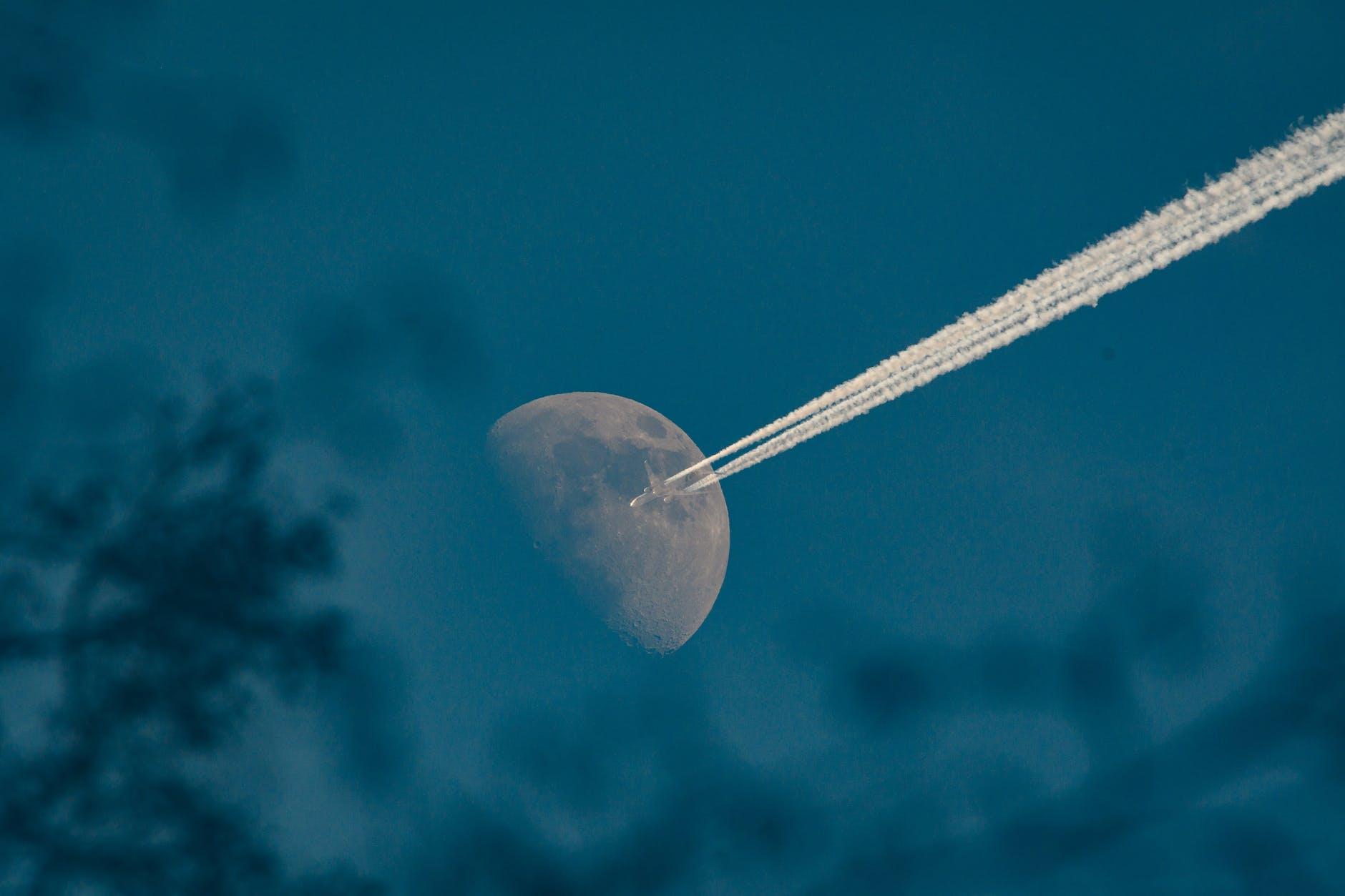Xenophobia
By Elena Botts
It is like you are at a rooftop party and everyone—even the sun—is dancing, undulating through the discarded champagne bottles and two camera lenses, both pointed at you, for the moment at least, the Johannesburg skyline forgotten, a purple Mandela grinning justice across the business district and a little fire escape staircase winding its fine way up ‘til heaven, but somewhere down below weaves the subtler masses in their street-wear finery and you’re thinking of the jackets emblazoned in tribal patterns, this new one you’ve got at market, and you’re thinking of a lot of things, you’re thinking of the word “justice” and a people’s justice, you’re thinking about a lot of things but the word justice doesn’t do it justice.
And then it’s no longer Sunday sunlit and shimmering strange through the knotted streets and myriad ways of Braamfontein. It’s Monday. You’re three floors below and four streets away. The woman is crying. You tell her, please don’t cry. She’s got a lovely face, such pretty eyes, tight little universes inside. You realize you’ve said nothing. You’re just watching her.
The best thing to say sometimes is: Is there anything more you’d like to say? Because then the refugees have a chance to speak, but more than that, they have someone sitting quietly who will listen. And nowhere, in any part of the world, is that a small gift, to be truly heard.
So I listen. But afterwards, I admit, I’m frantic; the persecuted, the assaulted, the escaped and the wanted. I am desperate to assure them of some status in a somewhat stable, democratic country. I am desperate to assure them of things I cannot promise so rapidly, so I appeal to all legality and then try my hardest to write them the letters begging asylum because when they thank me in whatever language, I ought to meet their eyes, wherein lies an undying kind of vast human dignity.
And this is not even my work yet. The truth gets farther. My supervisor is interested in xenophobia, which is phantasmal, an invisible force that seems to pull society every which way—a silent demon at its seams. But not really, no, it’s more a quiet voice in every human mind, playing upon our individual fears so singularly placed inside. Until relationships morph and shift the whole thing tectonic; the dynamics of societal interrelationships are entirely different. Until fear shatters these and we shake apart and there’s a man with a bloody knife and there’s the government standing outside, looking away as——, and here’s the refugee again, man or woman, someone shipwrecked from nation and just landing, and oh, they all say this—“looking for a safe place”—like the woman who wandered for nine days straight through the wild African forest after being raped by rebel men, just “looking for a safe—.”And the gay man who was persecuted everywhere he went in his homophobic country, just “looking for——,” and the woman whose government was bent on erasing her life to gratify some twisted need for power “—safe place.”
What an idea, of a safe place, that a stable democracy—these words carry more weight when unused to, when they are a brief but undocumented dream, sorry I meant unattainable dream—and then to arrive at a place and for it to be safe except that there is a silent demon of xenophobia, but sorry, this is no demon, it is inextricable from the sweet vitality of human-ness, its rotted gracelessness tied in thick to gracefulness, to the divine ingenuity of every human mind, merely rooted and grown in fear, flowering hatred, eventually spawning violence. To arrive in a safe place, and find it not safe?
This is far away from the word justice, though justice may be another false dream, and far from this one brief human dream, still one might dream. One might, at least, for the sake of compassion, seek to make things, in the stable democracy more opposed to the stealthy unwritten habits of the xenophobe, though not right, closer to the sleeping heart of this human thought—“justice”—closer indeed to instill this “safe place,” or love for the refugees, for those who need.
![]()
–
Elena Botts grew up in the DC area, lived briefly in Berlin and Johannesburg, and now attends college in upstate New York. She’s been published in fifty literary magazines over the past few years. She is the winner of four poetry contests, including Word Works Young Poets’. Her poetry has been exhibited at the Greater Reston Art Center and at Arterie Fine Art Gallery. Check out her poetry books, we’ll beachcomb for their broken bones (Red Ochre Press, 2014), a little luminescence (Allbook-Books, 2011) and the reason for rain (Coffeetown Press, expected publication in fall 2015). Her visual art has won her several awards. Go to elenabotts.com and o-mourning-dove.tumblr.com to see her latest work.
Photo by: Gessy Alvarez




2 responses to “Essay No. 1 – Elena Botts”
Powerful, and challenging. I’ll be coming back to this one.
Thank you for writing it, and thanks to DTTF, too.
Her stream of consciousness is delightful to read and I learned about xenophobia, but I’m still going to look it up in the dictionary. Thank you. Jx